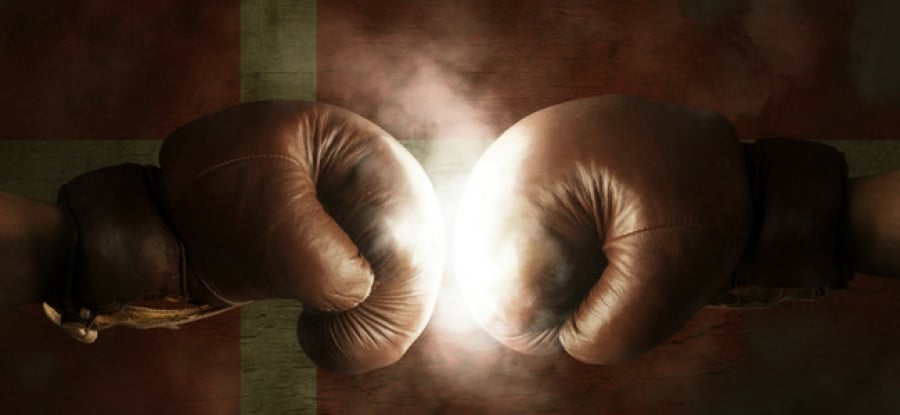A guide to Denmark’s internal sports dispute resolution system

The overarching governing body for competitive sports in Denmark is the National Olympic Committee and Sports Confederation of Denmark (DIF)[1]. Beneath the DIF sits a pyramid structure of private non-profit associations of members comprising of 61 Member Federations (National Sports Federations), some 9,300 sports clubs and more than 1.9 million individual members out of a population of 5.75 million.
This pyramid structure, together with the domestic culture of amateurism and voluntarism, allows Danish sports to operate a robust, unified internal dispute resolution system. The highest judicial body – the NOC Court of Appeal – has jurisdiction across all of the DIF’s 61 Member Federations, providing all sports participants access to fair and impartial appeals procedures, regardless of their status as professional or amateur. The structure also enables DIF to implement common regulations for all sports in safeguarding matters, e.g. on doping, match-fixing[2] and child abuse. This helps to secure equal rights and obligations, as well as mutual recognition of decisions across its sports.
This article provides a detailed introduction to the internal dispute resolution system (IDRS) in Danish sports. It explains its purpose and functioning, how the system works in practice, what its strengths are, and where its potential weaknesses lie. Finally it looks at why a robust and confidence-building IDRS is, in the author’s opinion, so important to the success of sports organisations.
To continue reading or watching login or register here
Already a member? Sign in
Get access to all of the expert analysis and commentary at LawInSport including articles, webinars, conference videos and podcast transcripts. Find out more here.
- Tags: Danish Arbitration Act | Denmark | Football | Handball | National Olympic Committee and Sports Confederation of Denmark | NOC Court of Appeal | Sailing
Related Articles
- The Pechstein judgment: CAS’s reaction & potential ramifications
- The Legality of the Arbitration Agreements in favour of CAS (Pechstein) Part 1
- The Legality of the Arbitration Agreements in favour of CAS (Pechstein) Part 2
- Life as a CAS arbitrator at the Rio Olympic Games - Mark Hovell - Episode 35
Written by
Mads Quist Boesen
Mads Quist Boesen is a licensed Attorney-at-Law at the National Olympic Committee & Sports Confederation of Denmark (DIF) and holds office as Legal Counsel at the NOC Court of Appeal. He joined DIF in 2012 after 2 years as Assistant Attorney with the law firm Kammeradvokaten / The Legal Advisor to the Danish Government in Copenhagen (following 3 years as Student Assistant within the firm). Mr. Boesen received his ba.jur. degree (with honours) and cand.jur. degree from the University of Copenhagen.




